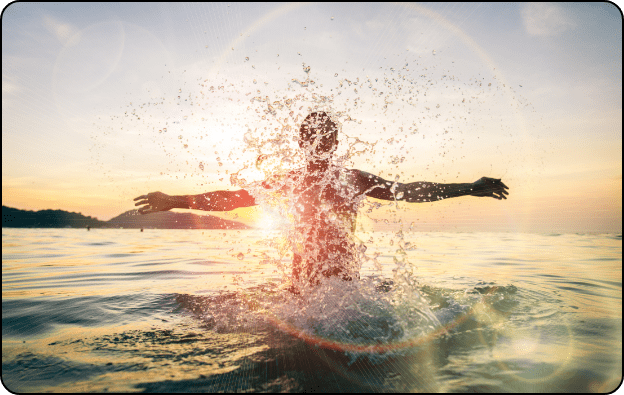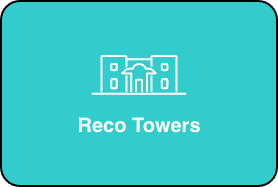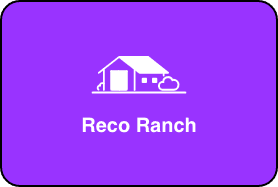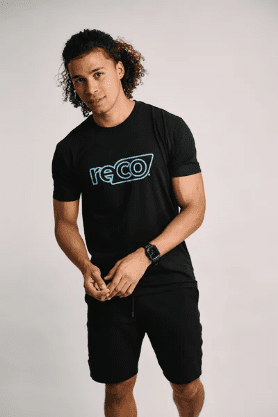How Do I Connect To My Higher Power?
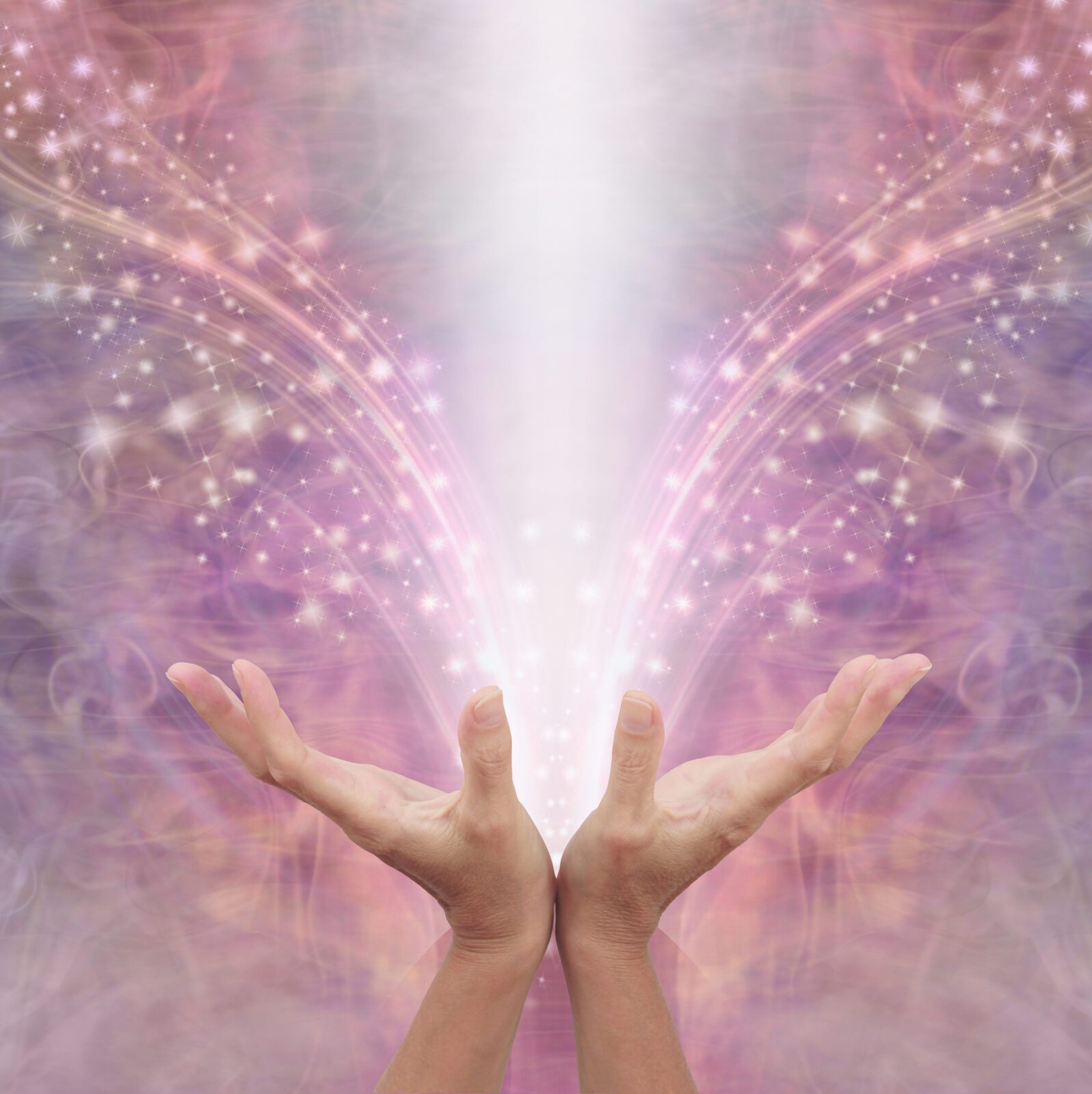
One critical part of the teachings that form the backbone of Alcoholics Anonymous, and of similar twelve step fellowships that address addiction to other substances like narcotics, marijuana, and cocaine, is the instruction to turn our will and our lives over to a “higher power.”
This is a component of the program’s third step, which should happen after an addict first admits that they are powerless over the substance they have been abusing and have come to believe that a higher power could restore them to sanity.
In the original version of the twelve steps, this higher power is directly referred to as God, but later wording of them was changed to accommodate more secular members of the group. While there was a strong Christian influence on the steps’ formation, a full half of the original fellowship that created the steps has also been reported to have been atheists, and many people of other faiths or no faith at all have found solace in the twelve steps since.
So, though you are free to to commit to the higher power associated with any religion you wish, how is someone who is without a religion to conceptualize a higher power? The simplest answer to that question is likely “however they would like to,” but let’s explore a few popular options.
For instance, some recovering alcoholics have named as their higher power “nature,” a force which is quite obviously more powerful than we ourselves are, unless you’d like to try stopping a hurricane. One could also conceptualize sobriety as the “natural” state of man.
Then there’s “science,” another fairly obvious alternative to God and one that also evokes the well-documented health consequences of substance abuse. If it is clear that our body functions better without the presence of toxic substances and that our life overall functions better when we are consistently the soberest, versions of ourselves, then giving ourselves over to the power of science would naturally mean giving ourselves over to the process of recovery.
Some have also named art or music as their higher power, which makes sense as both are spiritually infused practices that could serve as motivators for one to maintain one’s sobriety. Others have named “reality” or “sanity” itself, which evokes the idea of sobriety as the only sane or realistic decision.
But my favorite two of these non-traditional answers, two that seem to go hand in hand, are a higher power of “love” or “human connection” and a higher power of Alcoholics (etc) Anonymous itself. In the latter case, God has sometimes been cheekily described as an acronym for “Group Of Drunks.”
However, in all serious, Alcoholics Anonymous is an organization that has saved and changed countless lives, with 2.1 million members and counting. And it does its work primarily through the power of the love and support that members show to one another and the sense of empathy and human connection that binds these members together.
Whether or not churches are a testament to the power of god, they are indeed a testament to the power of the faith of man, as is the fact that twelve step fellowships like AA have been found to be more effective in fostering sobriety than have many traditional therapies. A shared history of addiction becomes a shared belief in and dedication to the pursuit of recovery, which in turn creates a vibrant and visceral portrait of what that recovery looks like for the next generation that seeks to embrace it.
The power of knowing that others are relying on you to lead the way into recovery and to serve as a positive role model can be quite psychologically influential indeed, which is probably why the twelfth step specifies carrying the message of the steps onto other recovering addicts as an essential component of the recovery process.
If you are still put off by the spiritual underpinnings of the twelve steps but eager to find a community that can help you support your sobriety, you could always experiment with a more secular support group like LifeRing or SMART Recovery (Self-Management and Recovery Training).
You also may not need to name your higher power at all, and instead can decide to give yourself over to whatever nebulous unnamable force you think is making the world tick. You can, like the protagonist of Albert Camus’ existentialist classic The Stranger, simply open your heart to the universe’s inarticulable “benign indifference,” dedicate yourself wholeheartedly to recovery, and then hope against hope for the best.
The twelve steps are an essential component of the intensive outpatient treatment program associated with the Reco Institute, and all residents in our sober living housing are strongly encouraged to attend daily meetings of the twelve step fellowship of their choice, which may be formally tracked with meeting verification forms. They are also strongly encouraged to find a sponsor within their first three weeks in our residences, further cementing their commitment to the twelve steps and the recovery community, and thus to a lasting sobriety.
To learn more about the Reco Institute, and about how our sober living residences can offer you just the community you need to find your footing in a lasting sobriety, feel free to call us anytime at 561-665-5925 or to contact us online anytime here.

